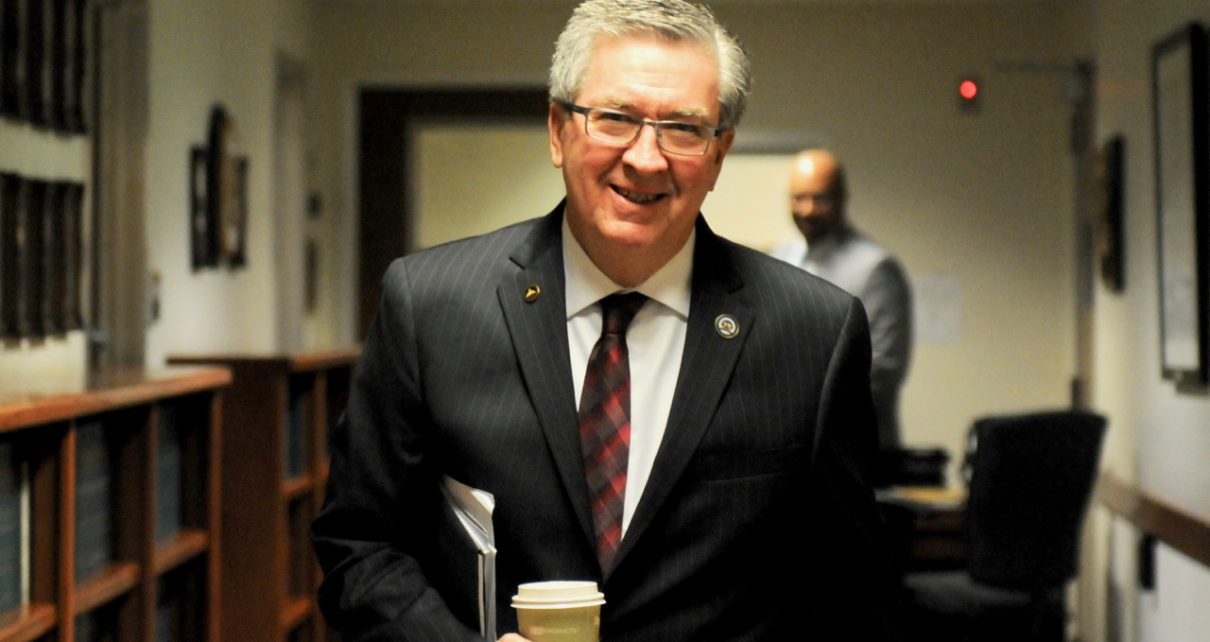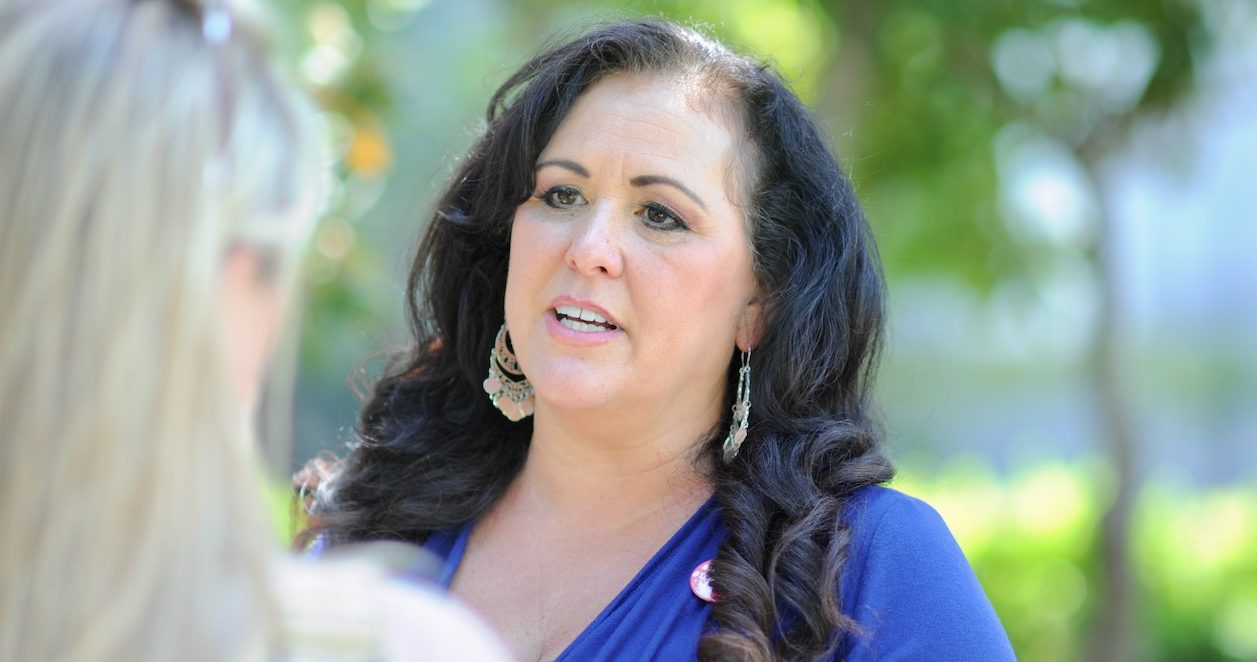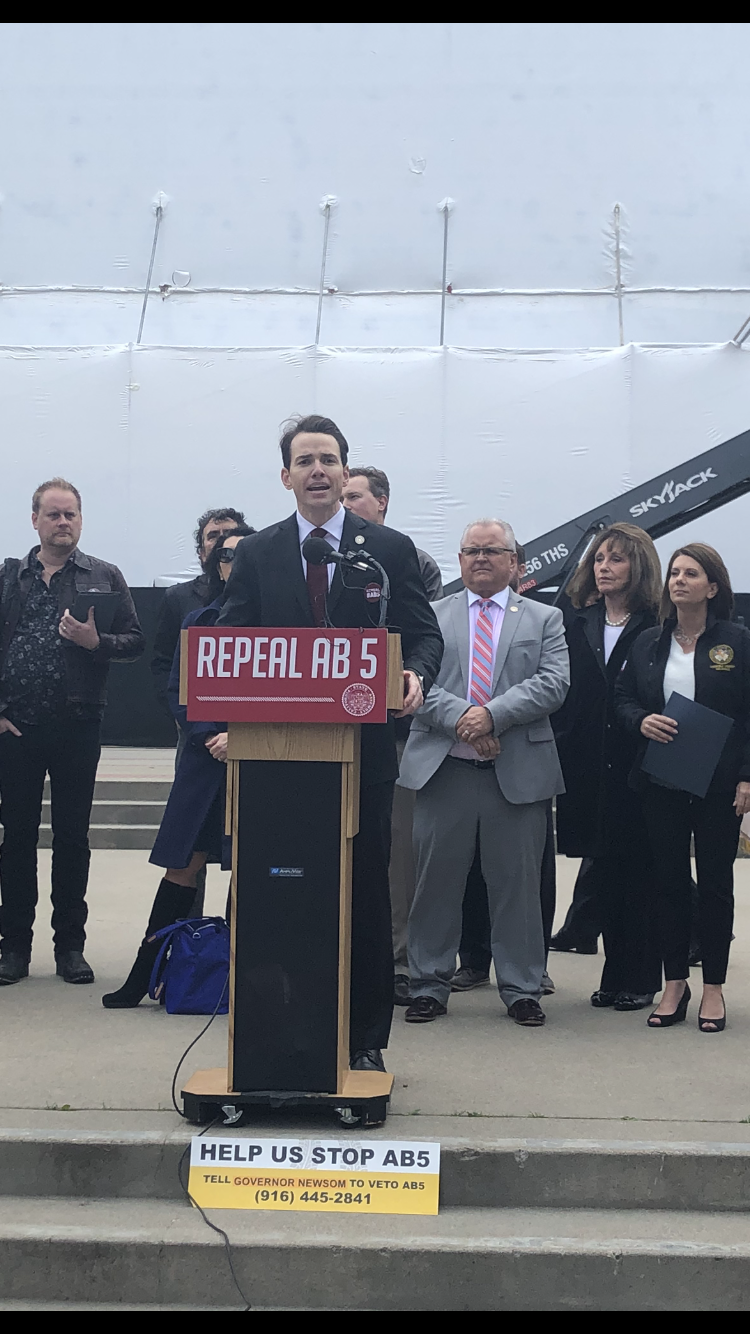
Assemblyman Ken Cooley. (Photo: Kevin Sanders for California Globe)
AB 820 to Create an Interest Exclusion for Small Biz Loans
A ‘qualified small business’ would be one that has 50 or fewer full-time employees
By Chris Micheli, March 19, 2021 7:01 am
On March 18, Assemblyman Ken Cooley (D-Sacramento) amended his Assembly Bill 820 to create an interest exclusion for small business loans. The bill would add Sections 24313.5 and 25128.1 to the Revenue and Taxation Code. As a tax levy measure, it would take effect immediately upon enactment.
Section One of the bill would add Revenue and Taxation Code Section 24313.5 to exclude from gross income the amount of qualified interest income generated by a qualified taxpayer. The exclusion would begin January 1, 2021. The new provision of law would define the following terms: “full-time equivalent”; “qualified interest income” (which is generated by a qualified loan); “qualified loan” ($1 million or less made by a qualified taxpayer to a qualified small business between March 15, 2020 and December 31, 2024).
A “qualified small business” would be one that has 50 or fewer full-time employees, experienced an annual loss in net revenue or 10% or more since March 15, 2020, and is located in California. A “qualified taxpayer” would be a bank or financial corporation that generates business income that is solely derived from or attributable to sources within California.
Section Two of the bill would add Revenue and Taxation Code Section 25128.1 to provide that a qualified taxpayer who apportions its business income must exclude the amount of qualified interest income from its calculation of the sales factor. For purposes of this section of law, all the terms defined above would be utilized in this section of law as well.
Section Three of the bill would specify compliance with Revenue and Taxation Code Section 41 and the Legislature would find and declare that the purpose of this new section of law would be to encourage financial institutions to issue loans to small businesses in this state. It would also require the Legislative Analyst to work with the Franchise Tax Board to analyze whether the tax benefits met the specified goals and objectives.
The bill is expected to be heard in its first policy committee in April.
- Should Interpretive Guidance Be Included in California Legislation? - April 28, 2024
- Legislative Intent Does Not Equate to a Mandate - April 27, 2024
- Frequently Asked Questions about State Agency Ethics Training - April 26, 2024




